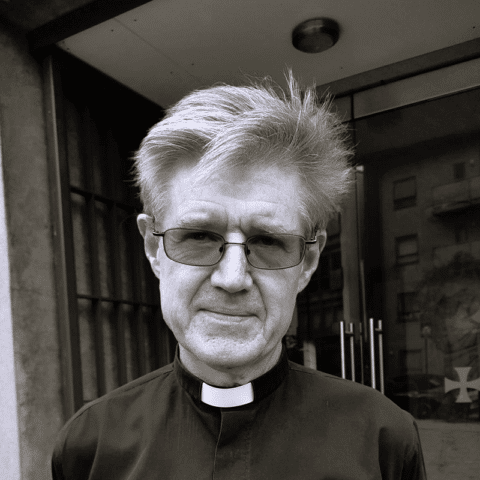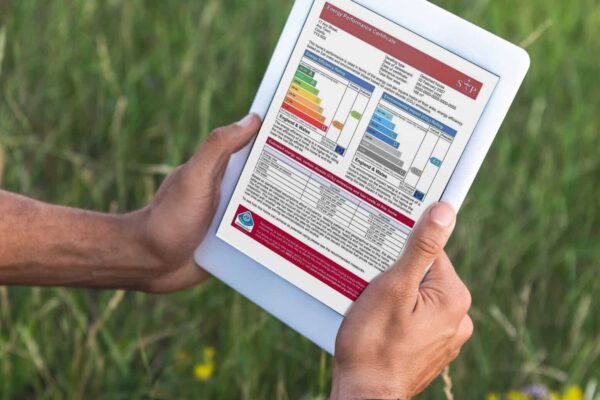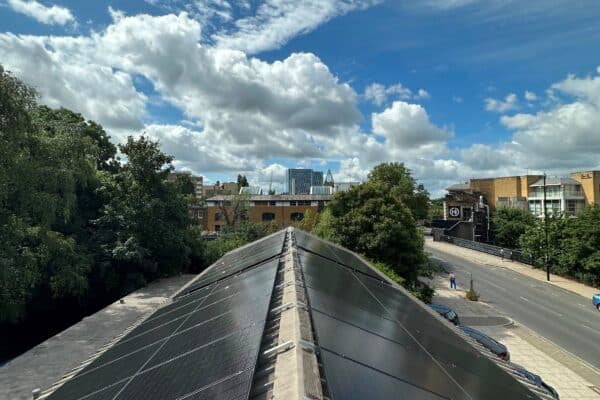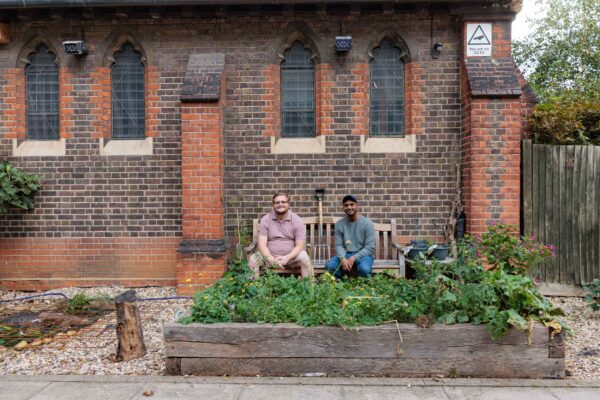We believe that care for the natural environment, which is God’s creation, is a fundamental duty for all Christians.
We’re all aware of the climate crisis, and our UK government have a target of net zero emissions by 2050. The Church of England have committed to net zero carbon by 2030.
How can we achieve net zero carbon?
We can go one step at a time. The first step is for every church to fill out the Energy Footprint Tool (EFT). It records churches’ energy use and calculates their carbon emissions.
Data from the EFT will help us know how best to target the support we’re going to be offering to churches over coming years.
We also encourage all our churches to sign up to Eco Church (scroll down for more info). Eco Church is a wholistic approach to creation care. The free online survey and supporting resources are designed to equip your church to express your care for God’s world.
Eco Church
Eco Church is an award scheme for churches in England and Wales run by A Rocha. In the Diocese of London we have over 200 churches registered, with more than 100 churches having received awards.
If your church is interested in registering, or has registered and would like support getting to your next award, please get in touch with your Episcopal Area Leads below.
Latest statistics
For up-to-date information about registrations and awards, please see our latest Eco Church Map (use the zoom in the bottom left to get closer):
Episcopal Area Leads
For each of our Episcopal Areas, we have a lead contact (or two), who is often heading up a small group from across the Area, helping support churches around Eco Church, as well as Net Carbon Zero, biodiversity, Community engagement and other topics. They are people who have led churches on Eco Church and have a wealth of experience and connections.
Please do get in touch with your lead if you would like some more help and support:
Contact your Creation Care Area lead:









